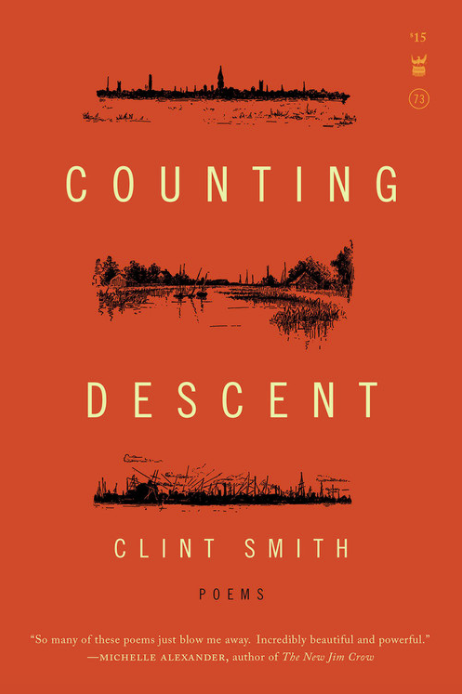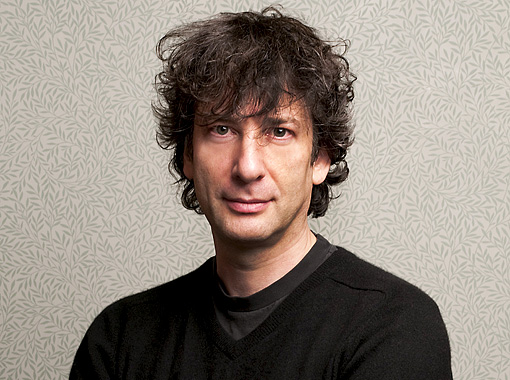 “It would be a poor sort of world if one were only able to read authors who expressed points of view that one agreed with entirely. It would be a bland sort of world if we could not spend time with people who thought differently, and who saw the world from a different place.”
“It would be a poor sort of world if one were only able to read authors who expressed points of view that one agreed with entirely. It would be a bland sort of world if we could not spend time with people who thought differently, and who saw the world from a different place.”
-Neil Gaiman, from his introduction to “Rudyard Kipling’s Tales of Horror and Fantasy,” collected in The View from the Cheap Seats (Morrow, 2016)
Today was my last instructional day with my motley crew of English 101 students. Despite my pervasive sense that I was really too busy this quarter to teach a class, I enjoyed this batch of students. They were fresh and enthusiastic. Many of them were still in high school; no one was older than 19. Although they were uniformly very young, they were truly an assortment. They came from all over Snohomish county and from all walks of life — athletes, gamers, science majors, artists — and even represented a small range of ethnic backgrounds. They were conservative and liberal, radical and undecided. We managed to avoid any knock-downs over politics by agreeing that it was better that we didn’t agree on everything. If we all agreed 100%, then we’d be living in a sci-fy world — we’d be clones, or robots. It would be bad.
Neil Gaiman would agree (on that at least), though he’d probably want to explore the subject further by writing a dystopian book about it.
I told my students that I didn’t care how they voted. What I was there to teach them was how to be informed, how to read closely and widely, how to think, and how to write — which can be described as how to have a voice and how to use that voice effectively.
(And while we’re talking about Neil Gaiman, here’s his advice for how to behave in tough times: http://www.uarts.edu/neil-gaiman-keynote-address-2012.)
 I’m pleased as punch about this delightful little book, which combines my poems with those of Port Townsend poet Jayne Marek, and images from artist George J. Farrah.
I’m pleased as punch about this delightful little book, which combines my poems with those of Port Townsend poet Jayne Marek, and images from artist George J. Farrah.

 “It would be a poor sort of world if one were only able to read authors who expressed points of view that one agreed with entirely. It would be a bland sort of world if we could not spend time with people who thought differently, and who saw the world from a different place.”
“It would be a poor sort of world if one were only able to read authors who expressed points of view that one agreed with entirely. It would be a bland sort of world if we could not spend time with people who thought differently, and who saw the world from a different place.”